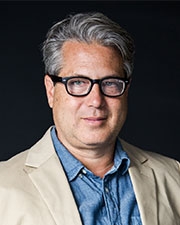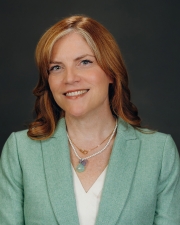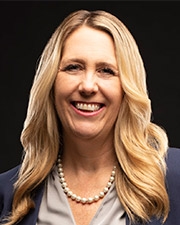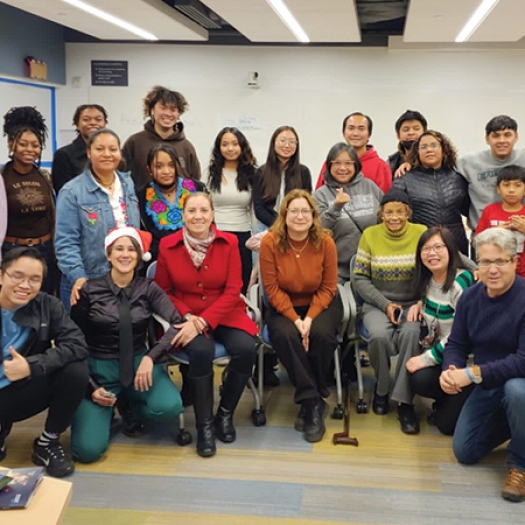A research-focused doctoral program for scholarship on reading, writing, and literacy.
The Ph.D. program in Literacy Studies is committed to furthering knowledge in literacy and literacy education. Doctoral students construct an individualized program of study based on their areas of interest, to develop their understanding and expertise in particular aspects of the field.
This program was previously known as Reading/Writing/Literacy Ph.D. Beginning in Summer 2024, this program will be titled Literacy Studies Ph.D.
What Sets Us Apart
About the Program
In the Ph.D. program in Literacy Studies, doctoral students customize their course of study to their individual interests. Of 20 required courses, 10 of them are electives, allowing students to work with their advisors to develop a program that is best suited to the individual’s areas of interest.
4 courses per semester (fall/spring)
Culminating experienceComprehensive examination and dissertation
Duration of program4–6 years
Transfer courses acceptedUp to 8 courses with approval
- Full-Time
The Ph.D. program in Literacy Studies emphasizes the interrelationships and integration of theory, research, policy, and practice. Doctoral students construct individual programs of study with their advisor to suit their interests, combining core courses with additional coursework in research methodology and electives.
In addition to the core doctoral courses, students focus on developing their understanding and expertise in particular aspects of the field. These aspects might include teacher education, pedagogy and curriculum, leadership, policy, urban education, multicultural education, adult and community-based literacy in and out of school, or literacy in international contexts. Throughout the program, students learn to conduct research on critical issues and problems in literacy.
Curriculum
In the Ph.D. program in Literacy Studies, students create individual programs of study. They are encouraged to develop one or more areas of concentration. Options include, but are not limited to:
- Teacher education and professional development
- Literacy policy and leadership
- Postsecondary learning environments
- Adult literacy education
- Reading, writing, and literacy across elementary, middle, and secondary curricula
- Children’s and adolescent literature
- Literacy practices with families, schools, and communities
- Urban education
- Digital literacies and technologies for teaching and learning
- Critical literacies
Students in the program benefit from the vast resources of the University of Pennsylvania. We encourage our doctoral students to choose electives from our program's courses, from other Penn GSE programs, and from across the University of Pennsylvania.
The program includes six required courses, four research courses, and 10 electives. For more information on courses and requirements, visit the Literacy Studies Ph.D. program in the University Catalog.
Our Faculty
Our faculty are renowned scholars and researchers who are committed to educational practice and to supporting scholar-practitioners.
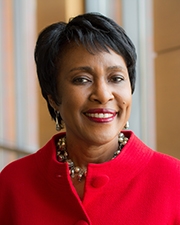
Our Graduates
The Ph.D. program in Literacy Studies prepares scholar-practitioners for careers in research and teaching at colleges and universities and other educational organizations with a primary mission related to furthering knowledge in literacy and literacy education.
Alumni Careers
- Assistant Professor, Baylor University
- Assistant Professor, California State University
- Assistant Professor, North Carolina State University
- Assistant Professor, University of Connecticut
- Assistant Professor, Texas Tech
- Assistant Professor, University of Florida
- Assistant Professor, University of California, Davis
- Director of Undergraduate Research, University of Connecticut
- Professor, Reading Area Community College
- Visiting Assistant Professor, University of Pittsburgh
Admissions & Financial Aid
Please visit our Admissions and Financial Aid pages for specific information on the application requirements, as well as information on tuition, fees, financial aid, scholarships, and fellowships.
Contact us if you have any questions about the program.
Financial Aid
Graduate School of Education
University of Pennsylvania
3700 Walnut Street
Philadelphia, PA 19104
(215) 898-6415
admissions@gse.upenn.edu
finaid@gse.upenn.edu
Tamika Easley
Program Manager
(215) 898-3245
teasley@upenn.edu
Kemba Howard
Administrative Assistant
(215) 898-8525
kehoward@upenn.edu
Please view information from our Admissions and Financial Aid Office for specific information on the cost of this program.
All Ph.D. students are guaranteed a full scholarship for their first four years of study, as well as a stipend and student health insurance. Penn GSE is committed to making your graduate education affordable, and we offer generous scholarships, fellowships, and assistantships.

